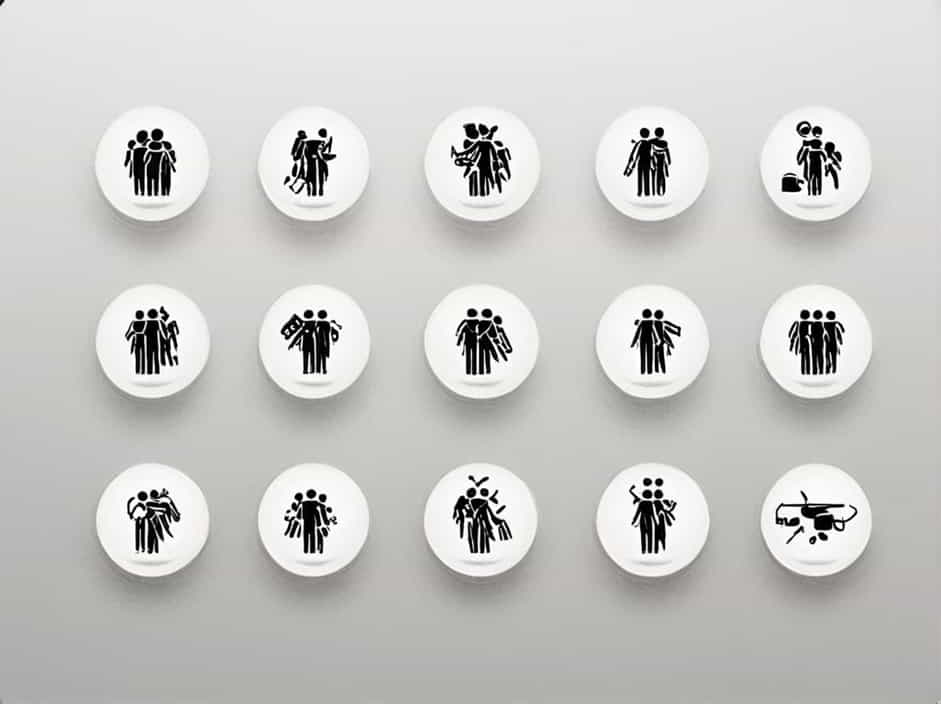Every day, people make choices that can be judged as right or wrong. But what determines whether a human action is moral or immoral? Is morality universal, or does it depend on personal beliefs and cultural norms?
The rightness or wrongness of a human action is a topic that has been debated for centuries by philosophers, religious scholars, and ethicists. This topic explores the principles of morality, ethical theories, and factors that influence moral decision-making.
What Is Morality?
Morality refers to a set of principles that help distinguish between right and wrong behavior. It provides a guide for individuals to act in a way that aligns with ethical values, social expectations, and legal standards.
Moral judgments often depend on:
- Personal beliefs
- Cultural traditions
- Religious teachings
- Philosophical perspectives
Ethical Theories: How Do We Define Right and Wrong?
Philosophers have developed several theories to explain how moral judgments are made. These theories provide different perspectives on what makes an action right or wrong.
1. Consequentialism: The Outcome Matters
Consequentialism states that an action is right or wrong based on its consequences. If the outcome brings more good than harm, it is considered moral.
- Example: Donating money to charity is right because it helps people in need.
- Utilitarianism, a form of consequentialism, argues that the best action maximizes happiness for the greatest number of people.
2. Deontology: Moral Duties and Rules
Deontology, developed by Immanuel Kant, argues that morality is based on following ethical rules and duties, regardless of the consequences.
- Example: Telling the truth is always right, even if it hurts someone’s feelings.
- Key Principle: Actions are inherently right or wrong, and people must follow moral duties.
3. Virtue Ethics: Character Over Actions
Virtue ethics, introduced by Aristotle, suggests that morality is about developing good character traits such as honesty, courage, and compassion.
- Example: A virtuous person always acts with kindness, even when no one is watching.
- Key Principle: A good life is achieved by cultivating virtues.
4. Moral Relativism: No Absolute Right or Wrong
Moral relativism argues that morality is subjective and depends on cultural, societal, or personal perspectives.
- Example: In some cultures, arranged marriages are accepted, while in others, they are seen as unethical.
- Key Principle: Morality varies from one society to another.
Factors That Influence Moral Decisions
1. Culture and Society
Cultural norms shape what is considered right or wrong. What is moral in one country may be immoral in another.
- Example: Eating certain animals is acceptable in some cultures but considered unethical in others.
2. Religion and Spirituality
Many moral principles are based on religious beliefs. Religions provide ethical guidelines that help followers make moral decisions.
- Example: The Ten Commandments in Christianity outline moral laws, such as “Do not steal” and “Do not lie.”
3. Laws and Legal Systems
Laws are often based on moral principles, but they are not always the same. Some actions may be legal but still considered unethical.
- Example: Cheating in a relationship is not illegal, but many people see it as morally wrong.
4. Personal Conscience and Upbringing
A person’s sense of right and wrong is shaped by their family, education, and personal experiences.
- Example: A child raised in a family that values honesty is likely to develop strong moral integrity.
Moral Dilemmas: When Right and Wrong Are Unclear
In some situations, determining the right course of action is difficult. These are called moral dilemmas, where no option is entirely right or wrong.
1. The Trolley Problem
A runaway train is heading toward five people on a track. You can switch the train to another track, but it will kill one person instead.
- A consequentialist would switch the track because saving five lives is better than saving one.
- A deontologist would refuse to act because deliberately sacrificing a life is wrong.
2. Stealing to Feed a Starving Family
Is it morally acceptable for a parent to steal food if their child is starving?
- Some argue stealing is always wrong, no matter the reason.
- Others believe the act is justified because it helps a person in desperate need.
These dilemmas show that morality is not always black and white.
The Role of Ethics in Society
1. Promotes Social Harmony
Shared moral values create trust and cooperation, reducing conflict in communities.
2. Guides Decision-Making
Morality helps individuals make choices that align with ethical principles.
3. Shapes Laws and Justice Systems
Many laws are based on moral values that promote fairness and human rights.
The rightness or wrongness of a human action depends on various ethical theories, cultural norms, and personal beliefs. While some moral rules seem universal, others are influenced by societal and religious perspectives.
Understanding different moral frameworks helps individuals make better ethical choices and contribute to a more just and compassionate society.
